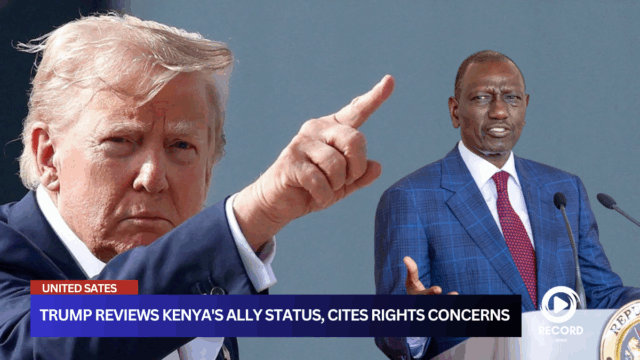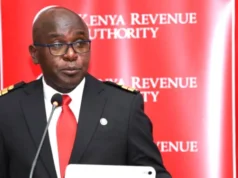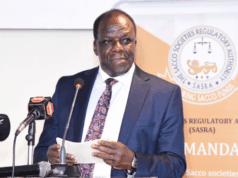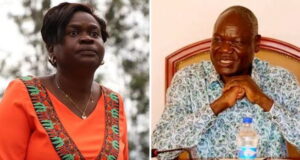In a bold move that underscores Washington’s growing unease with Kenya’s geopolitical entanglements, U.S. Senator Jim Risch has submitted an amendment seeking a full review of Kenya’s recently acquired Major Non-NATO Ally (MNNA) status.
Granted on June 24, 2024, the designation was seen as a crowning moment in Kenya’s diplomatic relations with the United States, signaling elevated trust and a deeper strategic partnership. But politics in Washington, and across global capitals, is never linear.
Now, just months later, the U.S. Congress wants answers. The proposed review is not a symbolic act. It is a stern signal to Kenya, and to the wider world, that the U.S. is watching closely where Nairobi places its loyalties and how it manages its security, financial, and geopolitical engagements.
The amendment directs the Secretary of State, working in close coordination with the Defense Department, the Treasury, and the Intelligence Community, to undertake a comprehensive review of Kenya’s role in regional stability, its counterterrorism commitments, and, most critically, its evolving relationships with rival global powers namely China, Russia, and Iran.
This move could not have come at a more sensitive time. Kenya is actively positioning itself as a key player in Sub-Saharan Africa. It has deployed troops to Haiti as part of a United Nations peacekeeping mission and continues to serve as a counterterrorism partner in the fight against al-Shabaab. But behind the scenes, U.S. officials appear increasingly concerned that Kenya’s open-door approach to foreign partners may be compromising its Western alliances.
The amendment demands specifics. It calls for a breakdown of Kenya’s military and economic engagements with Beijing, Moscow, and Tehran. It seeks an exposé of the financial and political connections that key Kenyan political figures may have with these powers.
It even goes as far as investigating whether Kenya is being used as a safe haven for sanctioned entities and terror-linked networks operating from neighboring South Sudan, Somalia, Sudan, and Uganda.
That this review is happening under the backdrop of a possible Trump administration return makes it more than a bureaucratic formality. It is a warning. Under Trump, American foreign policy may swing sharply towards a transactional lens. Alliances will be scrutinized based on reciprocity, loyalty, and alignment with U.S. strategic interests. Kenya may find itself forced to choose.
The clause also probes into the use of U.S. military assistance and intelligence sharing. Has Kenya used this support responsibly? Or has it fueled state-sponsored violence, torture, or renditions against civilians? The implications here are huge. If the U.S. determines that Kenya has misused its access to American resources or flirted too closely with adversaries, funding and cooperation could be cut or scaled back dramatically.
This review may also influence future aid decisions, security partnerships, and trade agreements. It puts Kenya’s foreign policy under a microscope and forces a national conversation on the direction of its global partnerships.
Kenya must take note. The designation as a Major Non-NATO Ally was not merely ceremonial. It came with the expectation of alignment with Western democratic values and interests. A swing towards economic expediency that includes embracing rival powers like China or turning a blind eye to sanctioned actors will not go unnoticed.
This review is both an opportunity and a challenge. Kenya can reaffirm its commitments to peace, transparency, and mutual strategic interests. But it must also brace for uncomfortable questions, increased scrutiny, and potential realignments in its foreign policy.
The world is watching. And in Washington, the tables may be turning.















